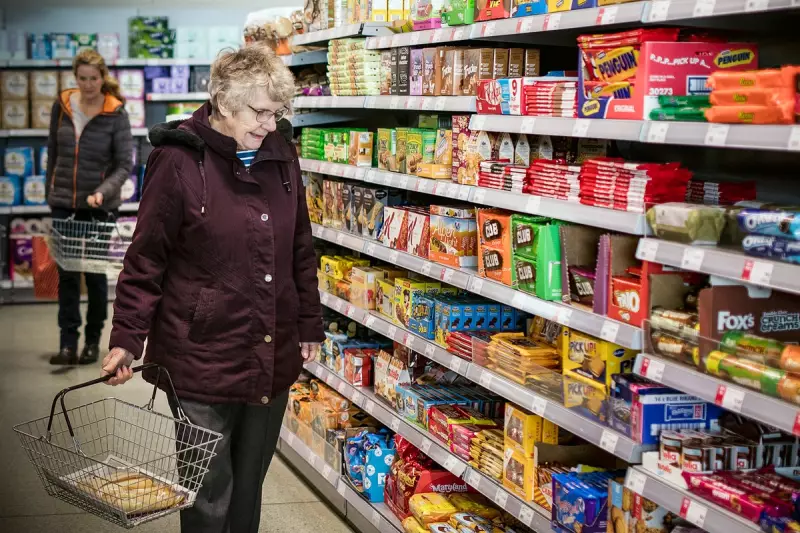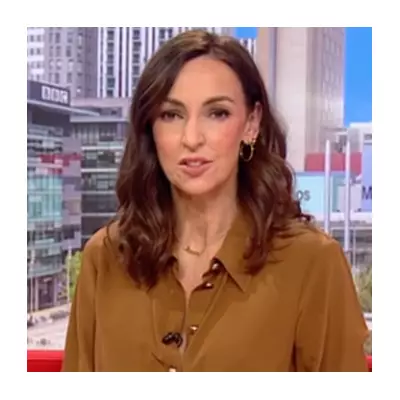
British households faced fresh financial pressure today as official figures revealed inflation remained stubbornly high in September, defying economists' predictions of a fall.
The Consumer Prices Index (CPI) held steady at 6.7%, the same rate as August, despite widespread expectations it would drop to around 6.5%. The disappointing numbers suggest the cost of living crisis continues to grip the nation with unexpected strength.
What's keeping inflation so high?
Petrol prices emerged as a major driver, with costs at the pump rising by 5.1p per litre for petrol and 6.2p for diesel between August and September. This surge in transport costs offset declines in other areas, keeping the overall inflation rate elevated.
Meanwhile, food and drink prices remain persistently high. While the rate of food inflation has slowed from its peak, consumers are still feeling the pinch at supermarket checkouts. Chocolate lovers received particularly bitter news, with cocoa prices hitting record highs due to poor harvests in West Africa.
The dining out dilemma
Restaurants and cafes continued to push through price increases, with eating out costs rising by 8.6% in the year to September. This suggests businesses are still passing on higher energy, wage, and ingredient costs to consumers.
Office of National Statistics deputy director of prices Matthew Corder noted: "After last month's fall, annual inflation was little changed in September. Food and non-alcoholic drink prices fell on the month for the first time since 2021, but the cost of petrol and diesel rose, offsetting this."
What this means for your wallet
The stubborn inflation figures have several immediate implications:
- Higher mortgage costs could persist as the Bank of England may maintain higher interest rates for longer
- Real wages are still falling for many workers when accounting for inflation
- Government benefits will rise by 6.7% next year, matching September's inflation figure
- State pension increases will also be based on this figure under the triple lock system
The data comes as a particular blow to the government, which had made halving inflation one of its key economic pledges for 2023. With the rate still more than three times the Bank of England's 2% target, the battle against rising prices appears far from over.
Economists warn that while inflation is expected to continue falling gradually, the pace of decline may be slower than hoped, meaning relief for stretched household budgets remains some way off.





